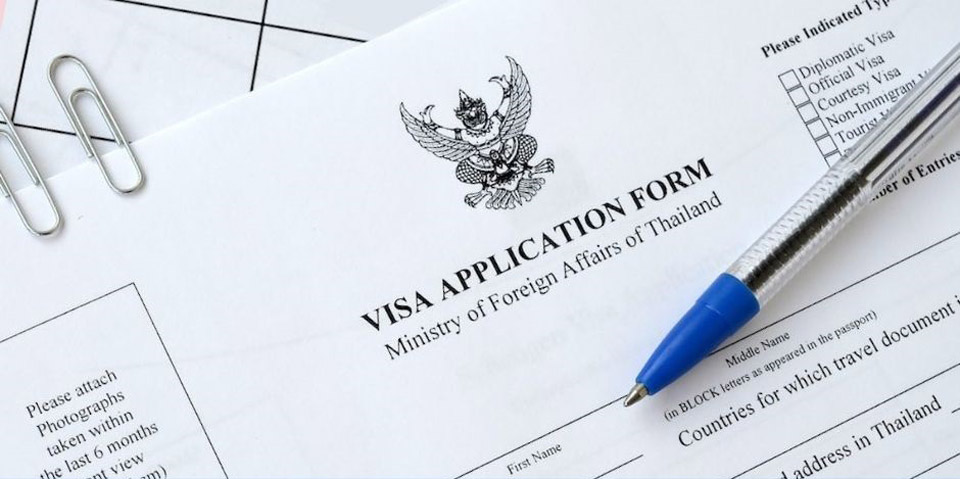Thailand Long-Term Resident Visa. Thailand, known for its rich culture, beautiful landscapes, and warm hospitality, is a top destination for travelers and expatriates alike. For those who dream of an extended stay or even permanent residency in this tropical paradise, the Thailand Long-Term Resident Visa offers an enticing opportunity. In this article, we will delve into the details of this visa option, its benefits, eligibility criteria, and the application process.
Understanding the Thailand Long-Term Resident Visa
The Thailand Long-Term Resident Visa, also known as the Non-Immigrant O-X Visa, is designed to attract retirees, affluent expatriates, and investors to live in Thailand for an extended period. Introduced in 2017, this visa facilitates long-term stays by offering more extended validity and fewer bureaucratic hassles compared to other visa categories.
Key Benefits of the Long-Term Resident Visa:
- Extended Stay: The Long-Term Resident Visa initially grants a stay of five years, with multiple entries allowed throughout its validity. This can be extended for another five years, totaling a maximum stay of ten years.
- No Age Limit: Unlike some retirement visas, there is no age limit for applicants. This visa is open to anyone who meets the criteria, regardless of age.
- Multiple Entry: Holders of the Long-Term Resident Visa can travel in and out of Thailand with ease, making it convenient for those who wish to maintain ties with their home country.
- No Need for Annual Reporting: Unlike some other long-term visas, Long-Term Resident Visa holders are not required to report to immigration annually.
Eligibility Criteria
To qualify for the Thailand Long-Term Resident Visa, applicants must meet specific requirements:
- Age: Applicants must be at least 50 years old at the time of application.
- Financial Requirement: There are two financial options:
- Option 1: Applicants must have a minimum monthly income of 100,000 Thai Baht (approximately $3,000) and maintain it throughout the stay.
- Option 2: Applicants must have a deposit of 3 million Thai Baht (approximately $90,000) in a Thai bank account and maintain it for at least one year.
- Health Insurance: Applicants must possess health insurance that covers the entire duration of their stay in Thailand, with a minimum coverage of 400,000 Thai Baht for outpatient treatment and 3 million Thai Baht for inpatient treatment.
- No Criminal Record: Applicants must have no criminal record in Thailand or their home country.
Application Process
The application process for the Thailand Long-Term Resident Visa involves several steps:
- Collect Required Documents: Gather all necessary documents, including financial statements, health insurance policies, and proof of no criminal record.
- Apply at the Thai Embassy or Consulate: Submit your application, along with the required documents, at the Thai embassy or consulate in your home country. Each embassy or consulate may have specific requirements, so it’s essential to check with the respective office beforehand.
- Approval: If your application is approved, you will receive a visa that allows you to enter Thailand. Once in Thailand, you must report to the local immigration office to validate your visa and obtain a residence permit.
- Renewal: After the initial five-year period, you can apply for a visa extension for another five years, provided you continue to meet the financial requirements.
Conclusion
The Thailand Long-Term Resident Visa offers a golden opportunity for individuals seeking an extended stay in the Land of Smiles. With its relatively straightforward eligibility criteria, multiple entry privileges, and extended validity, this visa category has become a popular choice for retirees, expatriates, and investors looking to enjoy the beauty and charm of Thailand for an extended period. However, it’s essential to ensure that you meet all the requirements and consult with the Thai embassy or consulate in your home country for the most up-to-date application procedures and guidelines.


